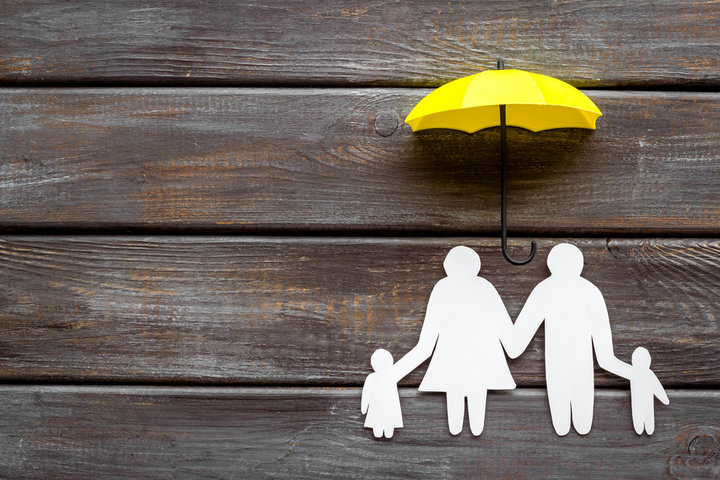
Do I need life assurance?
Do I need life assurance? It’s a question that’s been asked for generations.
The idea of life assurance goes back at least as far back as the ancient Romans.
You may never live to enjoy the benefits (unless you opt for a plan with a savings element that can be surrendered), but financial security is essential for those you leave behind.
So why do as many as 63% of people not have life assurance to protect their loved ones, according to a recent survey by Direct Line?
People give plenty of reasons why they don’t need or can’t afford life assurance. We look at some of the most common – and why those reasons don’t make much sense.
I can’t afford life assurance.
We are still dealing with the after-effects of the pandemic, and with budgets still tight, some of us are putting off buying life assurance.
It’s a false economy – those we leave behind will still need financial security, whether the economy is up or down.
Life assurance is less expensive than you might think.
To put it in context, insuring your mobile phone or buying a fancy coffee once a week could cost more than some types of cover.
I don’t need cover.
Even those who are single with no dependents may need life assurance to cover funeral costs. These are soaring. The average funeral cost in the UK is now around £4000. That’s quite a burden for those you leave behind.
But there is another reason. If you are single now, this might not always be the case. The sooner you start a life assurance policy, the less it can cost. Should a family come along, you’ll be able to provide financial protection for less.
Getting cover won’t do me any good.
Of course, you will never personally see any return or benefit of a regular life assurance plan. It is generally an emotive decision to ensure the people you leave behind can at least maintain a standard of living.
Some plans can be surrendered and contain savings elements. However, none of us knows what the future holds – and if we were to become ill, we might spend our valuable time worrying about how our dependents would manage.
My employer provides me with life assurance.
Your employer might have some cover in place, such as death in service, but it’s probably not as much as you would want for a partner or children who depend on you, and when you leave your job, you leave the cover behind.
My partner is the breadwinner.
The primary breadwinner may need to replace the family income. But even a partner who does not go out to work still makes a valuable economic contribution.
How much would it cost to replace a homemaker and cover the cost of childcare? Both partners need cover to protect each other and their dependents.
Read why mortgage life assurance is essential
It can wait
Actually, it can’t.
None of us know what’s around the corner – and the younger we are when we buy a policy, the less it costs.
Although thankfully not a daily occurrence, we have experienced and seen the benefits of Life Assurance and Critical Illness being paid out to our clients.
Grieving for a loved one is traumatic enough, but also having to deal with financial shortfalls compounds this.
Knowing you have the peace of mind in being able to deal with debts such as mortgages and changes in lifestyle makes grieving periods less traumatised.
Advice
There are many types of life assurance and ways to set them up, such as single, joint, life of another, and second death, amongst others.
How and who to pay are also considerations, along with should the life policy be written in trust and why.
Please don’t hesitate to contact us today if you have any questions about your need for life assurance.
